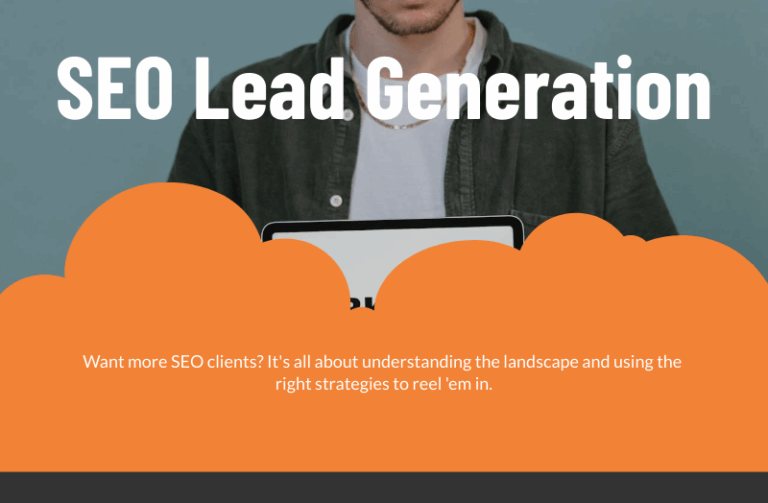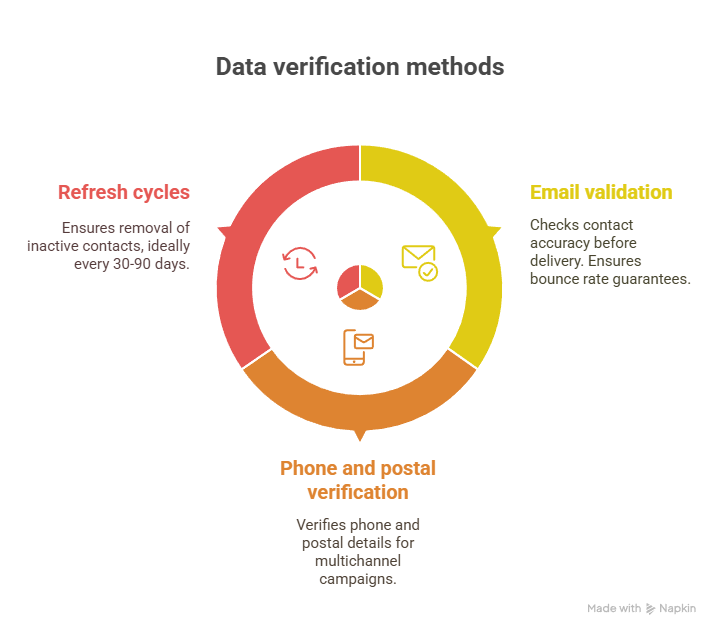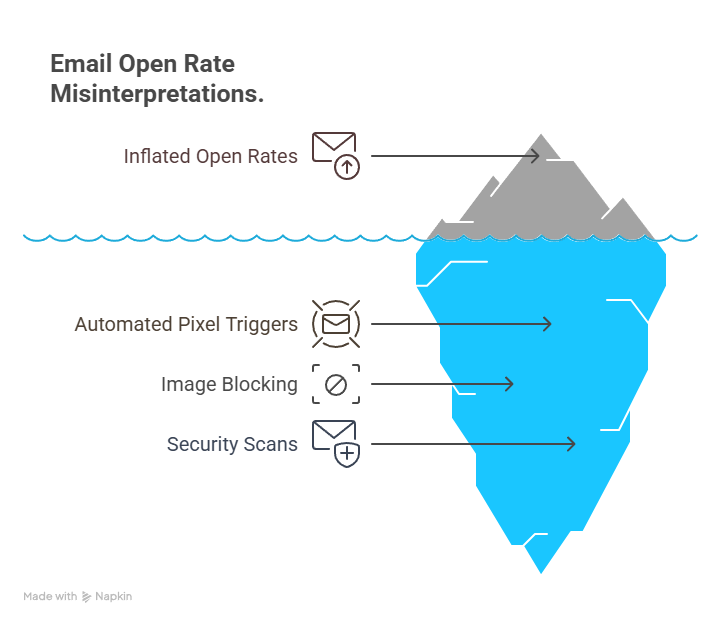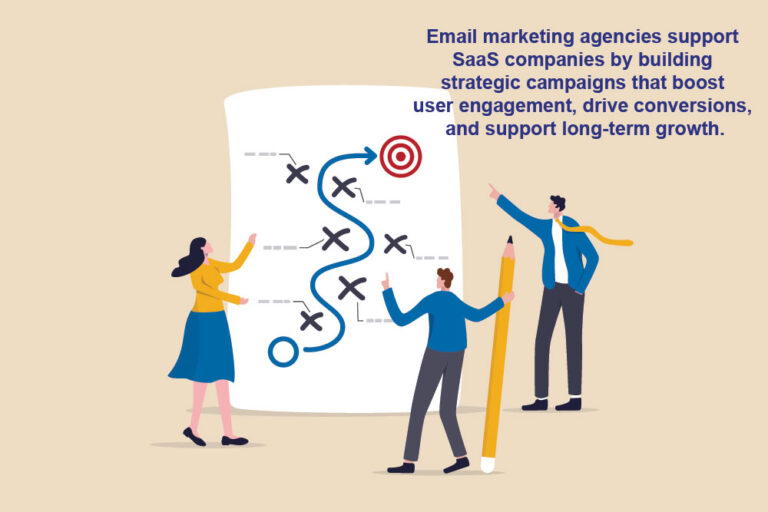
Engagement is more than just the current hot buzzword for marketers. It’s a critical measure of how likely your leads are to become buyers, yet measuring engagement at all is a challenge if you’re still using conventional marketing technology. With marketing automation, you’re able to quantify engagement and turn your insights into conversions.
Not all kinds of engagement are created equal, though. Let’s take apart what engagement means and how it affects your B2B marketing automation strategy.
Individual Engagement
The first level of engagement is on a personal, individual level. People respond when you call them by name and know a thing or two about them. Every lead you contact is someone you hope to establish a long-term business relationship with, and that starts with one-on-one engagement. The data that helps you personalize communications must be accurate. The last thing you want to do is misspell your lead’s name or address her as “Mr.” when she’s a “Ms.” Increasing personal engagement isn’t just for B2C businesses, either; B2B companies typically have longer sales cycles and more contact with buyers during it, so get to know your prospects when communicating with them.
Professional Engagement
To engage leads on a professional level, you need firmographic and contextual data as well as information about them as individuals. This is where you really need to shine if you’re going to convince them they should pay attention to you and not all the other competitors angling for their interest. Marketing automation technology lets you create and update account files to keep professional engagement high, positioning you as the problem-solver your leads want – but to accomplish that, you first need to understand their problems.
That means collecting data on leads’ industries, job titles, company sizes, and other details, then using that information to create customized experiences for them via marketing automation software. With it, you can change everything from email images to landing page text to home pages to mesh with your prospects’ professional needs.
Meaningful Engagement
Content marketing is about more than advertising. Ideally, it fills a need your prospective customers have for knowledge. They’ll get that knowledge some way, even if it isn’t from you: About half the fact-finding and information-gathering leads undergo during their progress from prospect to customer takes place before they ever appear on your sales team’s radar. Instead of making them chase after knowledge, make it accessible to them directly from you with content that’s more than an ad to them. Meaningful content arises from data-driven insight too as you watch how people interact with existing content to give them more of what resonates with them.
Engagement over Time
In the B2B sphere, the decision-making process from initial recognition of a lead to making the sale could take months. What are you doing during all that time to maintain your leads’ engagement? That engagement shouldn’t stop after the sale, either, so do you have a plan in place for customer care that covers all the years you can expect to work with your clients? Keep people engaged over time through drip nurture programs and customer appreciation campaigns, and you’ll make the most of all the efforts you’ve put into keeping them interested from the moment they found you.
© Reach Marketing LLC 2016 All Rights Reserved.



